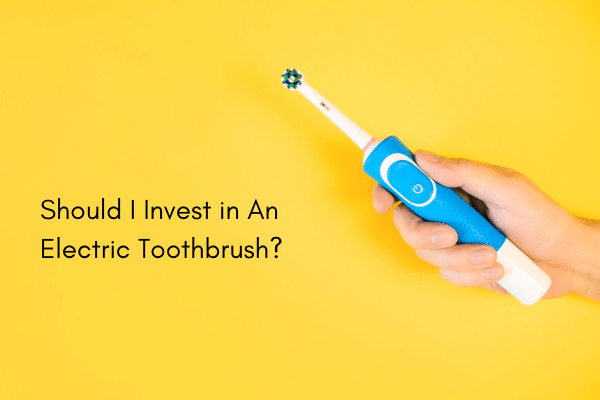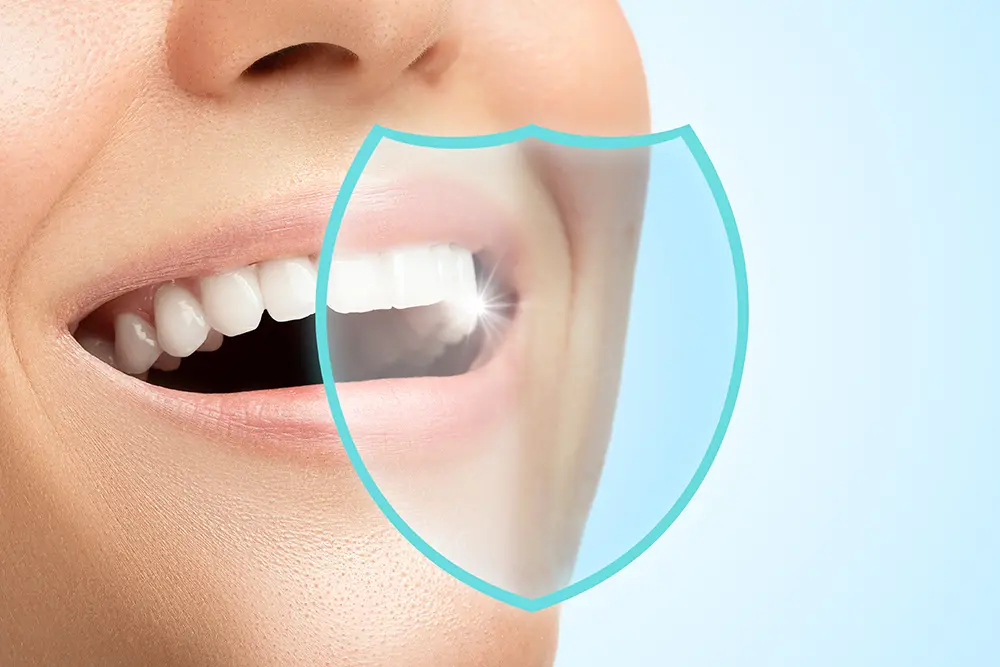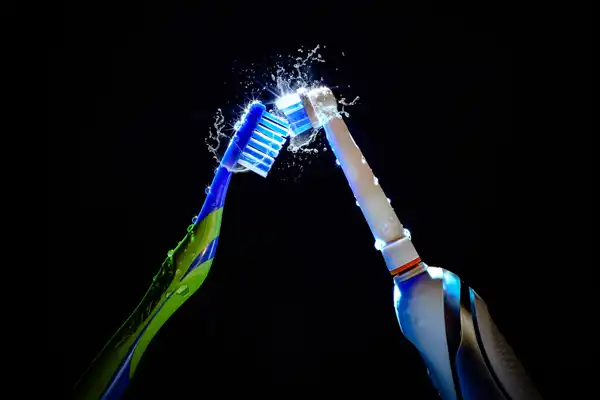“Working from home” has been the new normal since the start of the COVID-19 pandemic. The pandemic resulted in an increased frequency of eating and snacking between meals. Increased snacking can contribute to dental decay, and hence it is essential to foster greater patient awareness to maintain good oral health. Patients often ask what gadgets can they purchase that may assist them in improving or maintaining their dental health. One gadget that comes to mind is the electric toothbrush.
How is an electric toothbrush beneficial?
An electric toothbrush is a brush where batteries power the movement of the brush head or bristles.
There is minimal disadvantage to owning an electric toothbrush besides the upfront cost. An electric toothbrush is suitable for children aged three years and above, with no upper age limit. Electric toothbrushes like manual toothbrushes can be used in all patients, including patients undergoing orthodontic therapy.
An electric toothbrush’s documented benefits include superior plaque removal for individuals with limited manual dexterity. Such as patients with arthritis or young children who have not fully developed their fine motor skills, which can affect their ability to brush correctly.
Another advantage of an electric toothbrush is that some models have an in-built time control to remind users of the ideal time to brush their teeth. Some higher-end models may also have modes for sensitive teeth and have pressure sensors to cease when too much pressure is applied during brushing; this protects the teeth and gums from trauma in overzealous brushing.
Many studies have shown that electric and manual toothbrushes have comparative effectiveness in plaque removal with the correct brushing technique. i.e. toothbrush bristles angled 45 degrees towards gumline in massaging motion.
When brushing with an electric toothbrush, start with interdental cleaning (flossing), followed by a two-minute brushing with fluoridated toothpaste. Similar to a manual toothbrush, the user needs to apply the brush head to the tooth and gum line and allow the electric toothbrush to perform the brushing or massaging motion,
Nevertheless, whether one uses an electric toothbrush or a manual toothbrush, it does not eliminate the need for interdental cleaning with dental floss or other interdental aids.
Beyond changing the brush head every three months, users of an electric toothbrush will need to change or charge the batteries from time to time. Charging is made simple for certain brush brands by putting the brush in a charging cradle.
So should you invest in an electric toothbrush? In my opinion, it is a personal choice. With adequate manual dexterity, both manual and electric toothbrushes remove plaque effectively. The electric toothbrush might have an added edge when one has dexterity issues. Nevertheless, if having the electric toothbrush motivates you to upkeep your oral hygiene, it is a small investment that can lead to significant savings in the long term.




